Street view images and the urban environment - measuring characteristics under assumptions of label scarcity - Emily Muller
Abstract
Measurements which characterise urban neighbourhoods have often been collected using traditional survey techniques. This approach, while able to directly capture upstream determinants of health, are expensive and usually difficult to scale across entire cities. On the other hand, routinely collected administrative data may not directly measure the feature of interest. The last decade and a half has seen an increase in the use of street view images to characterise urban environments.The success of street view images in characterising urban neighbourhoods has been observed for feature-driven approaches, such as quantifying greenspace. End-to-end deep learning approaches can be limited by label scarcity and lack of transferability across space. In this talk, I assume label scarcity and employ unsupervised clustering and crowd-sourced data collection to characterise London neighbourhoods and examine the extent to which these measurements capture determinants of health.
SPEAKER
Emily Muller is a PhD final year candidate at Imperial College London working on the role of non-traditional data sources in measuring determinants of health in urban environments. Her research focuses on the use of street view images in London, taking both supervised and unsupervised approaches.
Emily is now working as a Machine Learning Engineer at the Wellcome Trust, where the team is using a large graph database to measuring the impact of Wellcome’s funding on the broader research landscape.
DATE
11 October 2023